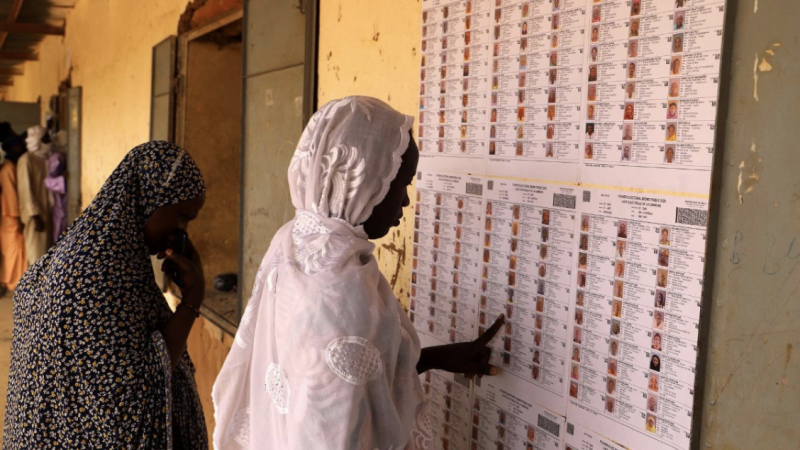
Joint Call by IPU and CEDAW Committee on International Women's Day 2021
March 8, 2021
Since the adoption of the Universal Declaration of Human Rights, the United Nations Member States have recognized the equal right of women and men to participate in public affairs and decision-making bodies, positions and processes.
This fundamental right is reaffirmed in the Convention on the Elimination of All Forms of Discriminations against Women (CEDAW Convention), the Covenant on Civil and Political Rights, the Convention on the Political Rights of Women, the Beijing Declaration and Platform for Action, the Universal Declaration on Democracy adopted by the Inter-Parliamentary Union (IPU), and the United Nations Security Council’s Resolution No.1325 (2000) on Women, Peace and Security.
The establishment of inclusive and representative governance is also an essential condition for the achievement of the Sustainable Development Goals by 2030, in particular Goal 5.
Where do we stand collectively today?
The impacts of crises are never gender neutral, and the COVID-19 crisis is no exception. An effective response to the pandemic and its social and economic consequences requires inclusive participation and leadership for strong and sustained action that is beneficial for everyone. The goal of achieving gender parity in decision-making and leadership is more crucial than ever.
While acknowledging the advancements made towards ensuring the participation of a constantly growing number of women in political decision-making positions and processes, progress is still slow and the average representation of women in political offices remains far lower than that of men.
In 2020, women accounted for only a quarter of parliamentary membership worldwide and 36.3 per cent of elected officials in local deliberative bodies. Globally, only 21.3 per cent of ministers were women. In only 30 cabinets worldwide did women make up at least 40 per cent of ministers. Women’s under-representation as health ministers was especially concerning in the midst of the pandemic: while women made up 70 per cent of health sector workers, only 24.7 per cent of the world’s health ministers were women. The scourge of violence against women in politics hinders development and challenges democracy everywhere. IPU studies have revealed that more than 80 per cent of women parliamentarians surveyed had faced psychological violence, at least 25 per cent had suffered physical violence and 20 per cent had been sexually harassed.